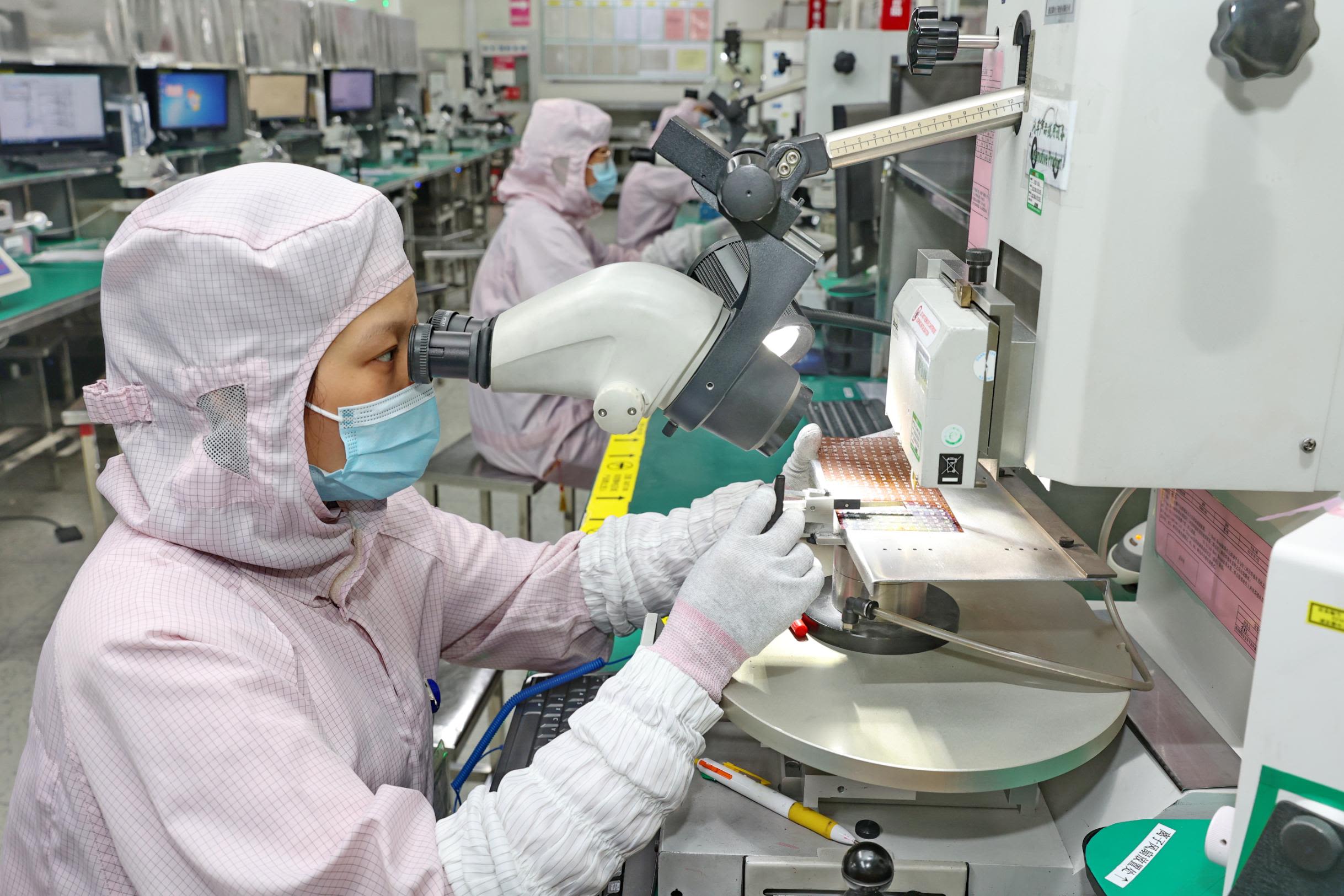The Chinese government has announced it has concluded plans to restrict exports of rare metals used to manufacture semiconductors due to national security concerns.
In guidelines issued on Tuesday by the Ministry of Commerce and China Customs Chinese said that exporters will be needing the approval to send certain gallium and germanium products overseas from the 1st of August to ‘preserve security and national interests’.
The announcement is coming at a time the United States is reportedly considering new curbs on the export of advanced chips to China.
Gallium, which has been designated a critical raw material by the European Union, is used in the production of integrated circuits, LEDs, and photovoltaic panels for solar panels.
Germanium is used to make optical fibres and infrared camera lenses.
Africa Today News, New York reports that China accounts for about 80 percent of the global production of the rare metals, according to the European Commission.
In recent years, China and the US have been embroiled in a bitter geopolitical conflict that has seen both countries put tit-for-tat restrictions on semiconductors and other important tech industries.
In an effort to prevent them from accessing American chips and other cutting-edge technologies that it claims could be used to compromise US national security, Washington has blacklisted a large number of Chinese enterprises.
In a related development, he Netherlands is preparing to enact additional export controls directed at China later this year. The US has also pressured ally and partner nations to place restrictions on the Chinese tech industry.
The Dutch government has announced new rules restricting exports of certain semiconductor equipment, a move that comes amid pressure by the United States on its allies to curb China’s ability to produce advanced chips.
Under the new rules, which are expected to go into effect on September 1, companies that make advanced chipmaking equipment will be required to seek a licence before they can export it.
Beijing has accused Washington of seeking to throttle Chinese innovation to maintain US supremacy in the tech industry.

